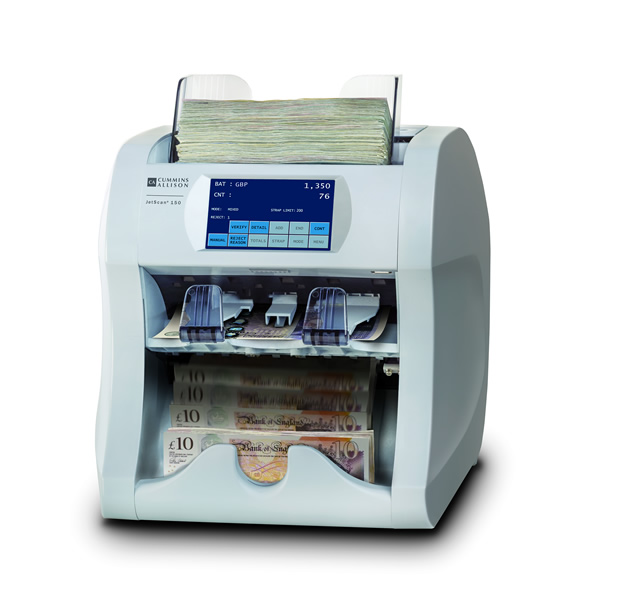You may think that cash usage is declining and in some instances you’d be right. Today, the UK is the third most cashless society in the world. What you may not realize is just how much cash is in circulation and how many people rely on it as an essential part of their daily lives.

In the year to November 2016 the total amount of notes and coin in circulation equalled approximately £80.43 billion. This figure actually increased in 2017 to approximately £82.56 billion. It’s no wonder why Victoria Cleland, the Bank of England’s chief cashier felt comfortable declaring that “Cash is not in decline, that there’s strong demand for cash and expect that to go into the future.” Also in 2017 the average ATM withdrawal rose to a record ?71? and £13.1 billion or 34% of all payments in the UK were made using cash?. Plus there is a hard core segment of the population – 2.2m – for whom cash is their predominant method of payment even though 92% of them have a debit card?.
Cash is much easier to spend
The decision to pay with cash is a highly personal decision that differs by person, circumstance, cost of their purchase, and what’s in their wallet. Because of this, trying to figure out the rationale behind where and why a person pays with cash is not easy, however results from a study conducted by the Payments Advisory Group provides a glimpse in to why cash remains one of the preferred payment methods in the 21st century:
- Cash is universal
- Cash is anonymous and untraceable
- digital payments can be the victim of data breaches (and are traceable)
- Cash is reliable
- digital payments are subject to the availability of a bank’s or a company’s electronic payment system
- Cash provides payment finality
- Cash enforces self-discipline
Cash is a key component in small value payments
Despite the rise in card payments, paying with cash remains highly popular for small value payments – 37% for transactions under ?30 and 61% under ?5 – and there is a general recognition that small, cash intensive businesses prefer accepting cash over card because of the low processing costs and ease of using of cash. A study by the UK Association of Convenience Stores reported that 76 percent of transactions at their member stores were made using cash, the average spend was ?6.28 and shoppers visited their local stores an average of 3.47 times per week. The same is very much true of newsagents and pubs.
Merchants should drive cash efficiencies to save time and money
Processing substantial amounts of currency each month is a fact of life for small and cash intensive businesses today and well into the future. Consequently cashing- up processes should be easy, efficient and accurate, saving time and money. Best practices for cashing-up processes use easy and affordable note and coin processing solutions that keep up with the pace of business. Cummins Allison note and coin counting machines, like the JetScan® 150 note scanner and JetSort® 1000 coin counter and sorter, have proven track records of dependability, durability and affordably and will convert processes that traditionally took hours of valuable staff time into minutes, with higher accuracy and accountability. As a global leader in cash handling solutions, the easy to use technology, combined with excellent customer service and support can meet your specific business needs.
1 UK Cash & Cash Machines 2017 Summary
2, 3 UK Payment Market Summary 2018




Comments are closed.